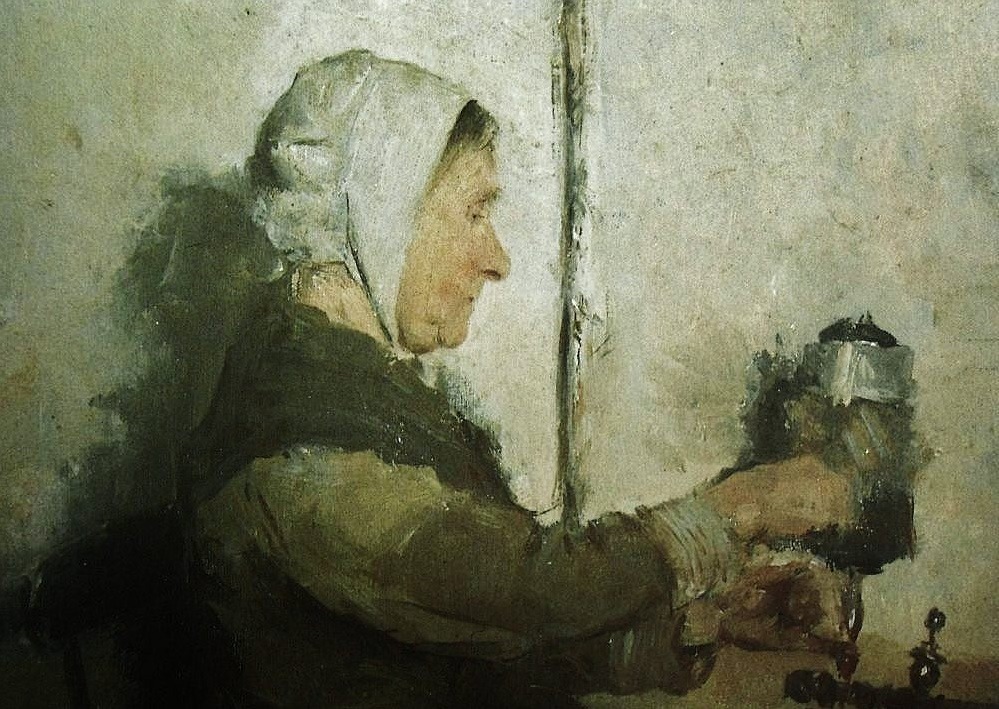CICISBEO (plural CICISBEI): “a married woman’s male companion or lover.” — Oxford English Dictionary
Apropos our last few articles, we discovered there is a word for “male mistress.” The word is cicisbeo, from the Italian. It doesn’t appear common in the Anglosphere, and even the multiple Italian language pages I found refer to cicisbei only in historical or artistic contexts (from what I could tell. Then again, my Italian comprehension is limited to tiramisu, pianoforte, and Lamborghini.)
According to the Wikipedia article, cicisbei abided by strict codes of social norms, right down to where they positioned themselves at events. The term seems to no longer be in common use, which may be due to reduced acceptance of adultery, the dissolution of the aristocracy, plain old sexism, or all of the above.
The one English language article I found referencing the cicisbeo concept had as its subject “walkers,” male escorts to society events. Since I’m not a regular at debuts and cotillions, I was only vaguely aware of the concept, but as every article I’ve read on the subject points out, women crave manners, neat appearance, and a listening ear. Husbands, fiancés, and boyfriends, take note.
— Otto E. Mezzo
References:
https://en.wikipedia.org/wiki/Cicisbeo
https://www.sfgate.com/style/article/I-was-a-walker-an-escort-to-society-women-5720198.php


